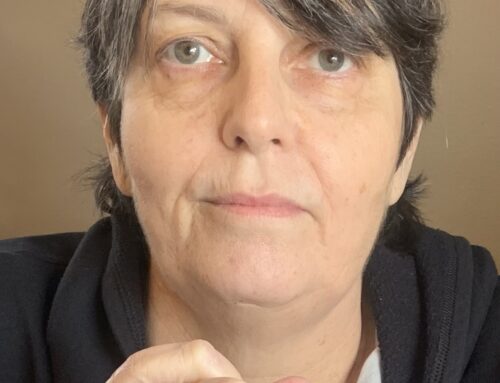As we discussed last month, research has shown that eating disorders and addiction often go hand in hand.
But while many hold to the notion that eating disorders primarily occur in women, about one in three people struggling with an eating disorder is male. In fact, subclinical eating disordered behaviors (including binge eating, purging, laxative abuse, and fasting for weight loss) are nearly as common among men as they are among women.
Furthermore, a study by the American Psychiatric Association found that approximately 57% of males with binge eating disorder struggle with substance use issues, compared to only 28% of females.
Bias in the Numbers
So where does this misconception come from? Recent studies confirm an unfortunate bias: men tend to be drastically underrepresented in clinical trials that research treatment options for eating disorders.
The percentage of men participating in clinical trials for eating disorders in the last decade was less than half the level experts say they like to see in such studies. Clinical trials for binge eating disorder between 2011 and 2020 included only about 20% men, though recent estimates suggest that males account for as many as 40% of binge eating cases overall.
Almost 50% of people struggling with an eating disorder are also misusing drugs or alcohol, and sometimes both. This rate of use is five times more than what is seen among the general population. Also, about 35% of alcohol or drug users have eating disorders compared to 3% of the general population.
At the same time, dozens of studies and surveys over the past several decades have shown that men of all ages are less likely than women to seek treatment for all sorts of problems, including drug or alcohol addictions, even though they encounter those problems at the same or greater rates.
Couple these numbers with the existing social stigmas that often prevent men from seeking treatment for their addictions and you have the perfect storm for a high number of unreported and untreated co-occurring disorders.
A New Outlook
The pervasive stereotype associated with eating disorders tends to focus on images of weight-shedding young women. But while males have been historically underrepresented in eating disorder research—a byproduct of cultural stigma coupled with a general unwillingness to seek medical treatment as regularly as women—in the United States alone, eating disorders will affect 10 million males at some point in their lives.
Researchers and therapists hope that by understanding what drives men toward or away from therapy and other types of help, they will be able to encourage more men to get help when needed, and to make that help more effective. One key solution: make men understand that many other men face struggles with addiction disorders, including alcoholism, substance use and eating disorders. As the numbers clearly show, they are not alone.
Recognizing and understanding that eating disorders can affect anyone—and that they often accompany a co-occurring substance use disorder — is an important first step toward finding the help needed to start on the road to recovery.
If you or a loved one is struggling with alcohol misuse or a co-occurring disorder, call New England Recovery Center today at 1-877-MyRehab.










